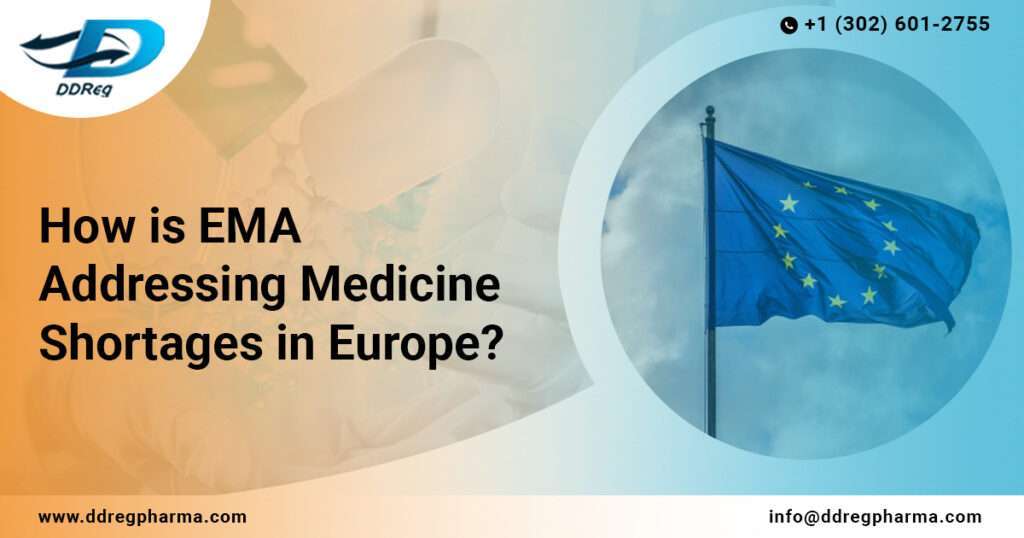The emergence of drug shortages as a significant global health concern is evident. Organisations including the European Medicines Agency (EMA) express concerns about long-term medicine availability, emphasizing the need for continuous access to high-quality, affordable essential medicines. Shortages lasting days or months jeopardize patient outcomes, straining healthcare systems.
EMA has introduced a solidarity mechanism, developed by the Medicines Shortages Steering Group (MSSG), allowing Member States to assist each other during critical medicine shortages in Europe. This voluntary mechanism, initiated after exhausting all other options, enables a country facing a shortage to request help from others. The MSSG Toolkit, accompanying this mechanism, includes strategies for monitoring supply and demand, collaborating with stakeholders, and implementing regulatory flexibilities. These actions are part of a broader initiative by the European Commission to prevent future medicine shortages in Europe.
Impact on Stakeholders
Patients, pharmacists, physicians, and manufacturers bear the brunt. Lack of information during shortages challenges patients, affecting rare disease care. Patients face challenges in being adequately informed about prescribed medicines and potential substitutions during shortages. The European Organisation for Rare Diseases stresses the importance of informing patients about ongoing shortages and their potential impact on care.
Pharmacists regularly face shortages, adversely affecting patient care and pharmacy operations. Physicians and nurses must manage the consequences of shortages, potentially switching to substitute treatments and facing increased risk management and liability. The pharmaceutical industry, including manufacturers, is also significantly affected, contradicting the mission of making medicines readily available to patients.
Following are a series of actions proposed by EMA to address and prevent medicine shortages in EU.
Prevention of Medicine Shortages
Action I- Improve Tendering Practices:
- Improve tendering practices with appropriate criteria beyond price.
- Balance lead times for optimal visibility and accommodate manufacturers’ capacity.
- Consider multiple-winners design in tender models.
- Proportional penalties for failure to honor tender terms.
- Procurers should clearly communicate demand and commit to receiving agreed volumes.
- Procurers can decide the number of suppliers based on medicine type and manufacturers’ capacities.
- Procurers may include supplier reliability as a tender criterion.
Action II- Maintain Healthy Multi-Supplier Markets
- Foster fair economic options for a resilient multi-player market.
- Incentivize manufacturing facility enhancements and reward GMP compliance.
Management of Medicine Shortage
Action I- Agree on a Common Definition
- Establish a consensus on the definition of medicine shortages in EU.
- Implement a transparent EU-level process to trigger action during shortages.
- Contemplate the adoption of a list of essential medicines.
Action II- Implement EU Early-Notification Requirements
- Mandate early notification by manufacturers to national competent authorities.
- Prioritize reports on essential medicines lacking alternatives.
- Enforce early-notification requirements in national law with standardized templates.
- Include reasons for disruptions and short-term plans in notifications.
Action III- Develop a Transparency System at National Level
- Mandate manufacturers to have a shortage prevention plan and a trusted supplier model.
- Periodically review and update the trusted supplier model.
- Utilize the trusted supplier model for expediting regulatory procedures during shortages.
- Consider reducing regulatory fees for manufacturers stepping in during shortages.
Action IV- Enhance Regulatory Efficiency
- Establish a shortage prevention plan and trusted supplier model for manufacturers.
- Regularly review and update the trusted supplier model.
- Leverage the trusted supplier model to fast-track regulatory procedures during shortages.
- Contemplate reduced regulatory fees for manufacturers addressing shortages.
Action V- Allow Greater Flexibility on Delivery and Movement
- Pharmacists should be able to substitute medicines in cases of medical need.
- Allow switching of medicines with different administration routes with physician agreement.
- Use the EU Falsified Medicines Directive and tracking tools for standardised medicine packs.
- Provide medication information leaflets electronically in various languages.
Conclusion
The mentioned actions propose a comprehensive approach to prevent and manage medicine shortages, involving improvements in tendering practices, market incentives, early notification systems, transparency at national levels, regulatory efficiency, and flexibility in the delivery and movement of medicines.
DDReg has supported its customers with regulatory services to support rapid market access in the European Union. The team is well versed with the EU regulations and agency queries for a variety of pharmaceutical products including generics, biologics, biosimilars, medical devices, cosmetic products, and more. Read more about the initiatives taken by EMA to support medicine development and regulation: How does EMA use AI and LLM in medicine regulation?

